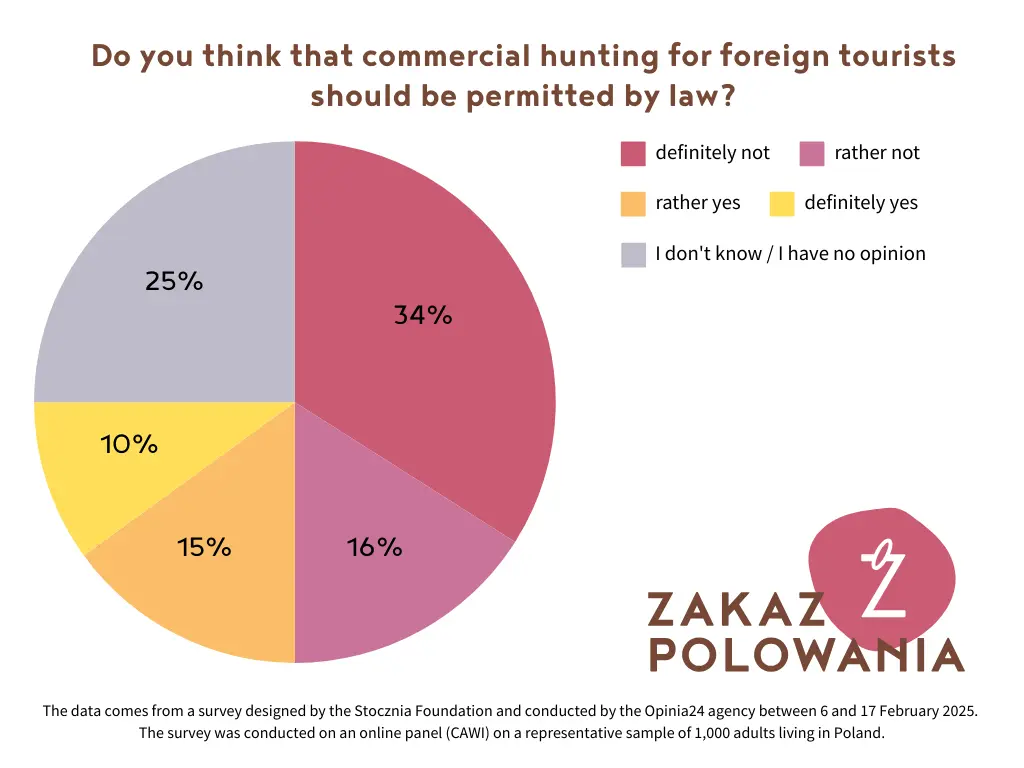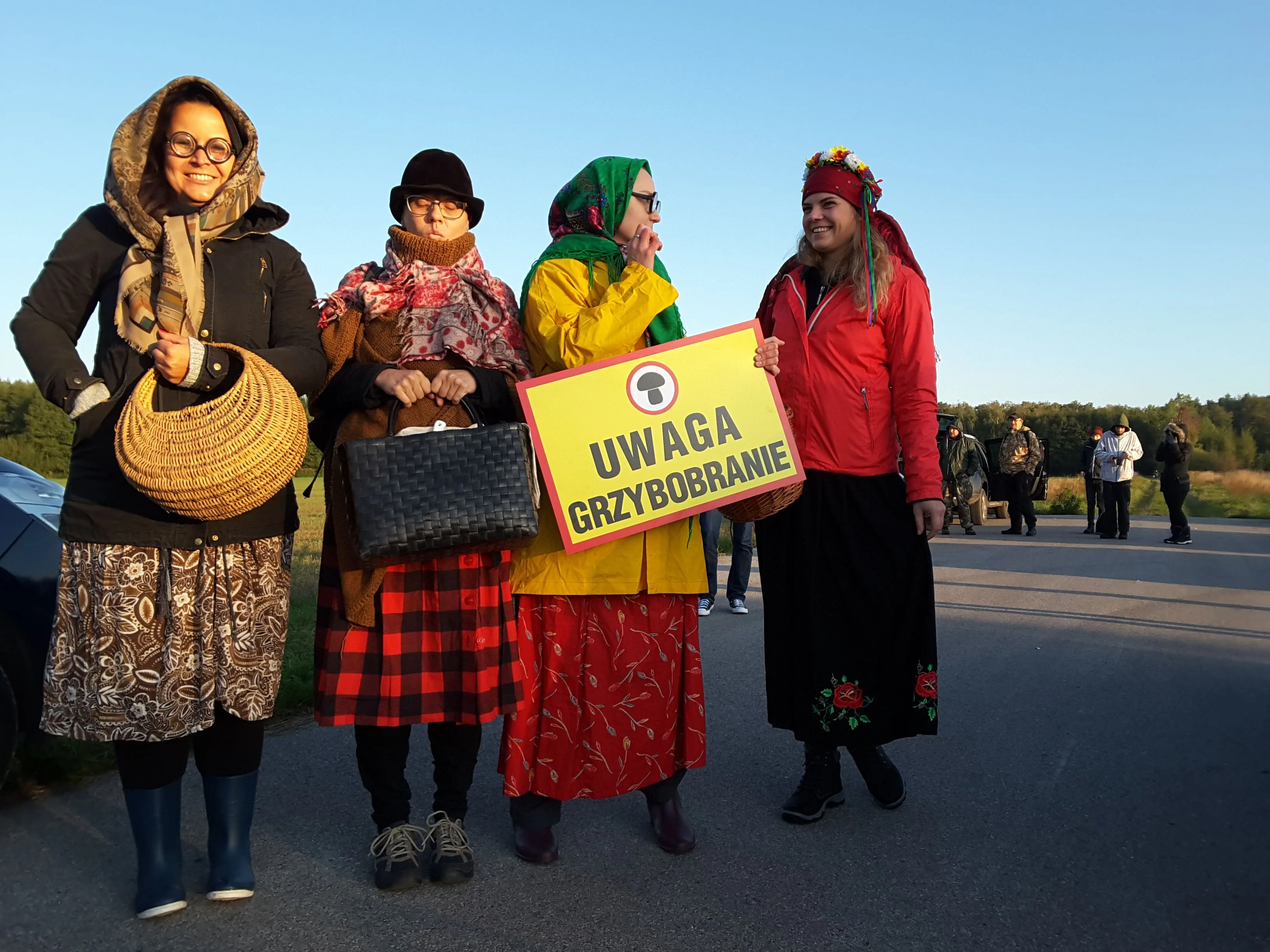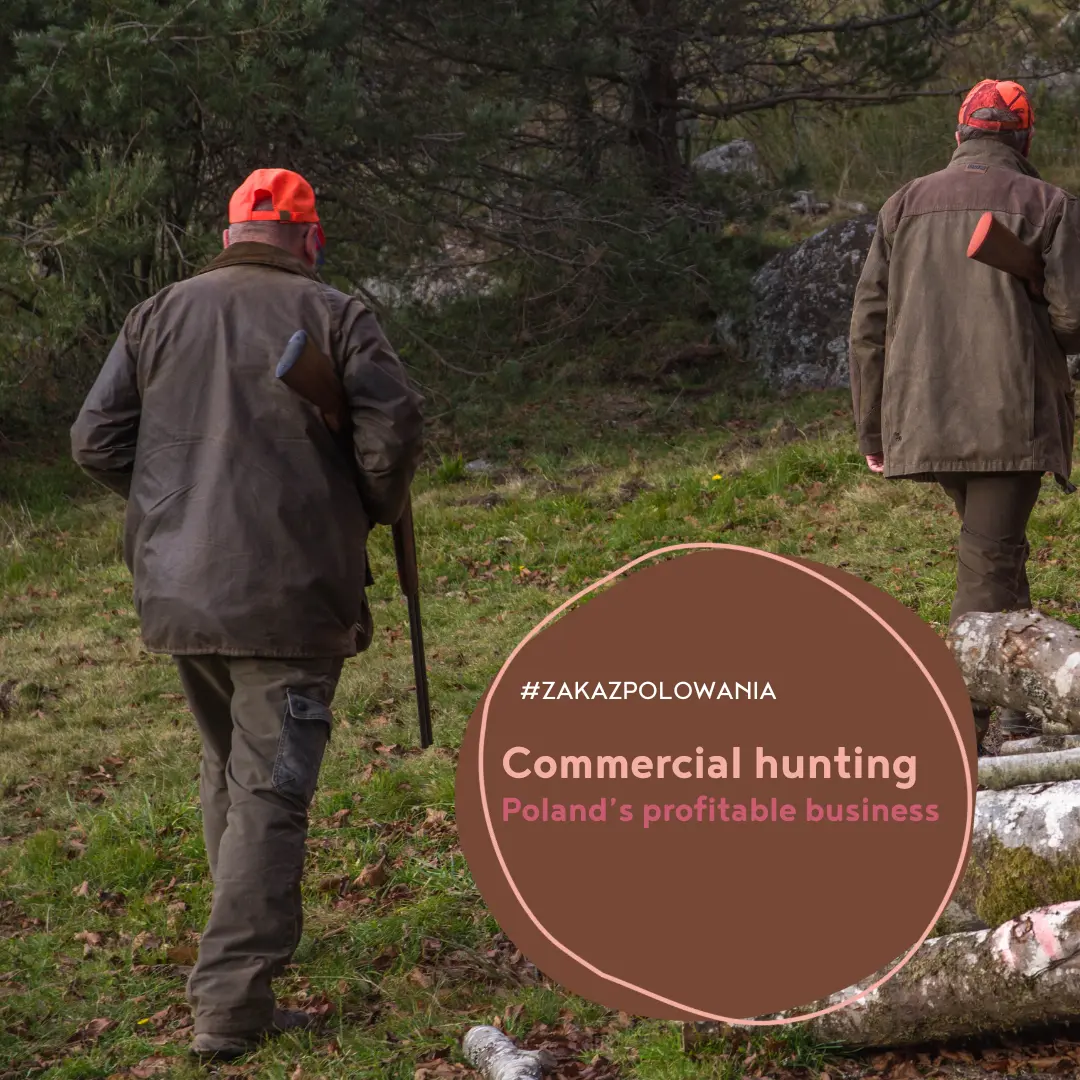Commercial Hunting in Poland – A Profitable Legacy of the Past
Commercial hunting (Polish: polowania dewizowe) refers to paid hunting activities organized in Poland for foreign hunters. The term dewizowe has historical roots in the times of the Polish People's Republic (1945-1989), when such hunts were primarily intended to bring in foreign currency (dewizy), which was scarce in the socialist economy. While Poland is no longer reliant on foreign exchange, the practice of offering hunting opportunities to international tourists remains legal.
According to estimates, approximately 25,000 foreign hunters visit Poland annually, spending around €30 million for the opportunity to hunt Polish wildlife. The primary clients come from Western and Northern Europe, with the largest groups from Denmark, Sweden, Norway, Finland, and Germany. In recent years, there has been a decline in hunters from Spain and Italy, mainly due to a decrease in bird populations, which these hunters traditionally favored. However, the scale of commercial hunting remains significant and relatively stable.
Current Regulations
Commercial hunts in Poland are conducted under Article 43 of the Hunting Law. A key legal requirement is that a foreign hunter without Polish hunting qualifications may only hunt under the supervision of a representative from the local hunting club or the forest management authority. This guide (who must be a member of the Polish Hunting Association, PZŁ) is responsible for ensuring that the hunt complies with Polish regulations, including selecting appropriate game for shooting.
In practice, however, compliance with these rules is inconsistent. A 2015 audit by the Supreme Audit Office (NIK) found that oversight of commercial hunting was inadequate, with no state institution effectively monitoring the activities of private hunting agencies that organize trips for foreign clients. The report highlighted frequent violations of Article 43, particularly during group hunts. In some cases, foreign hunters were left to select targets on their own, leading to incidents such as the illegal shooting of two wolves by Belgian hunters in the Głusko Forest District.
Commercial hunts in Poland are organized by both hunting clubs (affiliated with the PZŁ) and State Forests, which manage designated Game Breeding Centers (OHZs). Additionally, there is a network of private hunting agencies that coordinate trips, arrange accommodation, and handle legal formalities for foreign hunters.
According to economic reports, Poland has hundreds of such companies – an estimated 300 in 2012, increasing to 480 by 2018. These agencies work closely with hunting clubs and OHZs, providing access to prime hunting grounds in exchange for substantial fees.
Financial Aspects – A Lucrative Industry
Official data on revenue from commercial hunting is not fully transparent. The PZŁ does not publish detailed statistics on commercial hunts, but estimates from NIK and media reports suggest that the total market value is between 130 and 170 million PLN annually.
According to 2017 data from State Forests, state-run game reserves generated 61.7 million PLN from commercial hunts, while PZŁ-affiliated hunting clubs earned 72.5 million PLN in 2016. This means that commercial hunting accounts for about 25% of hunting club revenues, with the remaining income coming from meat sales and other hunting-related services.
Proposed Changes and Ethical Concerns
For years, commercial hunting has been a subject of public debate and ethical controversy. Conservation organizations and animal rights groups increasingly demand stricter regulations or a complete ban on commercial hunting in Poland. Critics argue that trophy hunting is unethical and lacks justification as a wildlife management tool.
Proposed reforms include:
- Banning hunts during mating seasons (e.g., deer rut) to prevent disruption of natural reproductive behaviors.
- Phasing out state-managed Game Breeding Centers (OHZs), which largely cater to commercial hunting clients.
- Stronger oversight and stricter enforcement of hunting laws to prevent illegal practices and ensure ethical treatment of wildlife.
Public Opinion – A Growing Divide
Commercial hunting sparks strong emotions and widespread public disapproval in Poland. For many, the idea of foreign tourists shooting wild animals purely for trophies is difficult to accept. According to a CAWI survey conducted between February 6–17, 2025, on a nationwide sample of 1,000 respondents, 50% of Poles oppose commercial hunting for foreign tourists, while only 25% believe it should remain legal.

Animal welfare organizations condemn commercial hunting as a scandal, emphasizing its cruel and exploitative nature. They argue that commercial hunting is a clear distortion of modern wildlife management, where all justifications related to "population control" or "conservation" disappear. Instead, it becomes a legalized, profit-driven slaughter, where financial gain and trophies take precedence over nature conservation.
Before the introduction of penalties for hunting disruptions in 2020, grassroots protests against commercial hunting were common. Activists regularly blocked and patrolled hunting areas, disrupting hunts. In one notable case, protesters sabotaged a Slovak hunting party in the Bircza Forest District, scaring off the game and entering the hunting zone. The frustrated foreign hunters ultimately refused to pay for their unsuccessful hunt. In 2018, a protest near Bydgoszcz led to a legal battle when a hunting club sued nine activists for PLN 20,000 in lost revenue. However, the hunters ultimately lost the case and were ordered to pay PLN 48,753 in legal costs.

Hunting industry representatives reject these criticisms, arguing that revenues from commercial hunts help fund local hunting clubs. They claim that these funds support habitat conservation efforts and that foreign hunting tourists contribute to the local economy. Despite these arguments, opposition to commercial hunting in Poland continues to grow.



